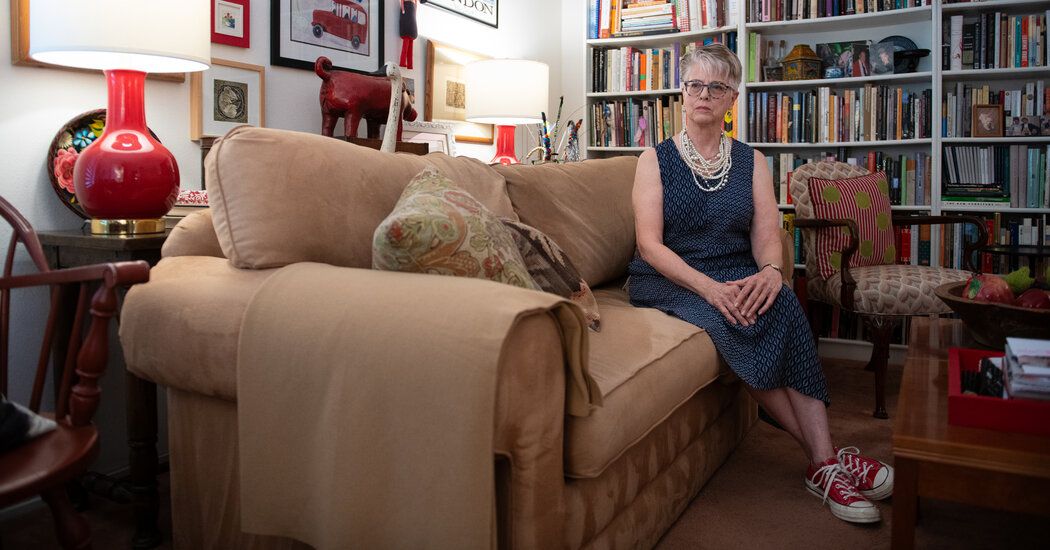Adult children are less likely to assist an aging stepparent, studies show. A growing “step gap” in senior care worries experts.
The encounter happened years ago, but Beverly K. Brandt remembers it vividly.
She was leaving her office at Arizona State University, where she taught design history, to run an errand for her ailing stepfather. He had moved into a retirement community nearby after his wife, Dr. Brandt’s mother, died of cancer.
As his caregiver, Dr. Brandt spoke with him daily and visited twice a week. She coordinated medical appointments, prescriptions, requests for facility staff — the endless responsibilities of maintaining a man in his 90s.
Maybe she looked especially frazzled that day, she said, because a longtime colleague drew her aside with a startling question.
“Beverly, why are you doing this?” he said. “He’s not a blood relative. He’s just a stepfather. You don’t have any obligations.”
“I was dumbfounded,” Dr. Brandt, 72, recalled. “I still can’t understand it.”
She was 5 when her father died. Three years later, she said, her mother married Mark Littler, an accounting executive and a “wonderful” parent.
“He’d come home from a grueling job, change out of his good clothes, then carry me around the living room on his back,” she recalled. Later, he introduced her to the symphony and the theater, funded her graduate education and mentored her as she entered the academic world.
